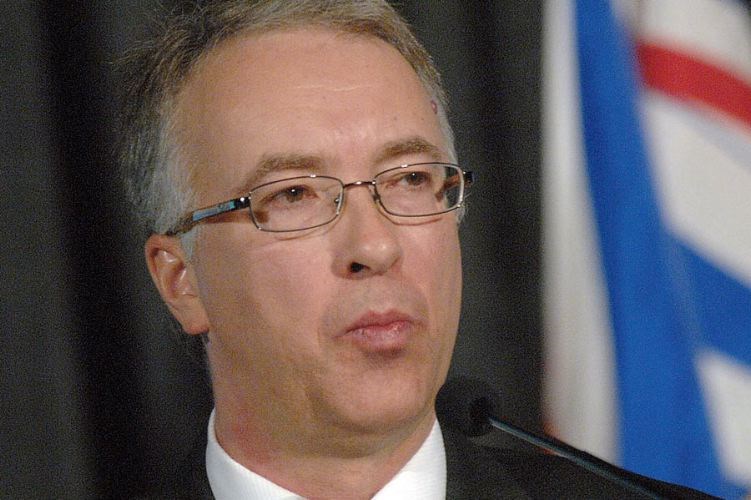John Rustad stood against his own governing party's bill, this week in the legislature, but says he did so to draw attention to other issues, not because he is opposed to the proposed law itself.
Bill 5, the Protected Areas of British Columbia Amendment Act, 2013 is the regular update of the provincial park system. Periodically park boundaries are changed and new parks added to the provincial menu of protected areas.
All of the proposals within Bill 5 are fine, in the opinion of Rustad's the BC Liberal MLA for Nechako-Lakes (bordering on Prince George), but he saw first reading of this bill as an appropriate opportunity to change the conversation about parklands in general. He introduced the question of when does a province have enough ecological protection?
"I don't know myself if we have enough or not," Rustad said following the late-night speech he made in the Legislature opposing Bill 5. "But we keep adding and adding with no real plan. We haven't even had a real debate about it."
The United Nations has more of a plan, he said, that Canada's provinces.
"The U.N. passed a resolution that industrialized jurisdictions should all set aside 12 per cent of their land-base as park," he said. "In the 1990s, British Columbia was at about six per cent. Since then it has been increased on a regular basis, with a lot of community consultation in that sense, until today. We sit at about 14 and a half per cent of the province set aside, which is well over the U.N. threshold, and that's even more impressive in my mind when you consider the sheer size of B.C. That is a lot of land under protection. And I want to see more. I have my own beliefs that some old growth in our area should be added, the rainforest east of Prince George should be converted from protected area to a full park, so I certainly support the idea of parks. But the time has come to have a major public conversation about when enough is enough."
A lack of parkland planning translates into a lack of industrial certainty, he said. Investors, communities, governments cannot make effective decisions about where industry should happen until the places it should not happen are solidified.
"I know Bill 5 will pass and all the 275,000 hectares within the bill will become included in the park system, and that is OK with me. I'm not lobbying against these hectares, and I'm not lobbying other MLAs to oppose the bill," he said. "But I'm saying up front at this juncture that before we go ahead with any more park designations, we should do the work to form a proper plan for the future of parks and protected areas and through to industrial and community uses. All those aspects of land use have value to the people of B.C., but we haven't talked about what the balance is and I think we have come to the point where we need to."
The same day Bill 5 was introduced onto the legislative agenda, Rustad also stood in the Legislature to introduce his own document. He and NDP MLA Norm Macdonald co-chaired the Legislative Committee on Timber Supply that toured the province gathering public input then used that to author a groundbreaking nonpartisan report on how to shape the forest industry of the future.
The same kind of exercise or the similar Select Standing Committee process, might be good ways to address the parkland issue, said Rustad.
"It shouldn't be something arbitrarily set by a particular party or a particular minister, and it shouldn't go on without some kind of guidelines," Rustad said.



